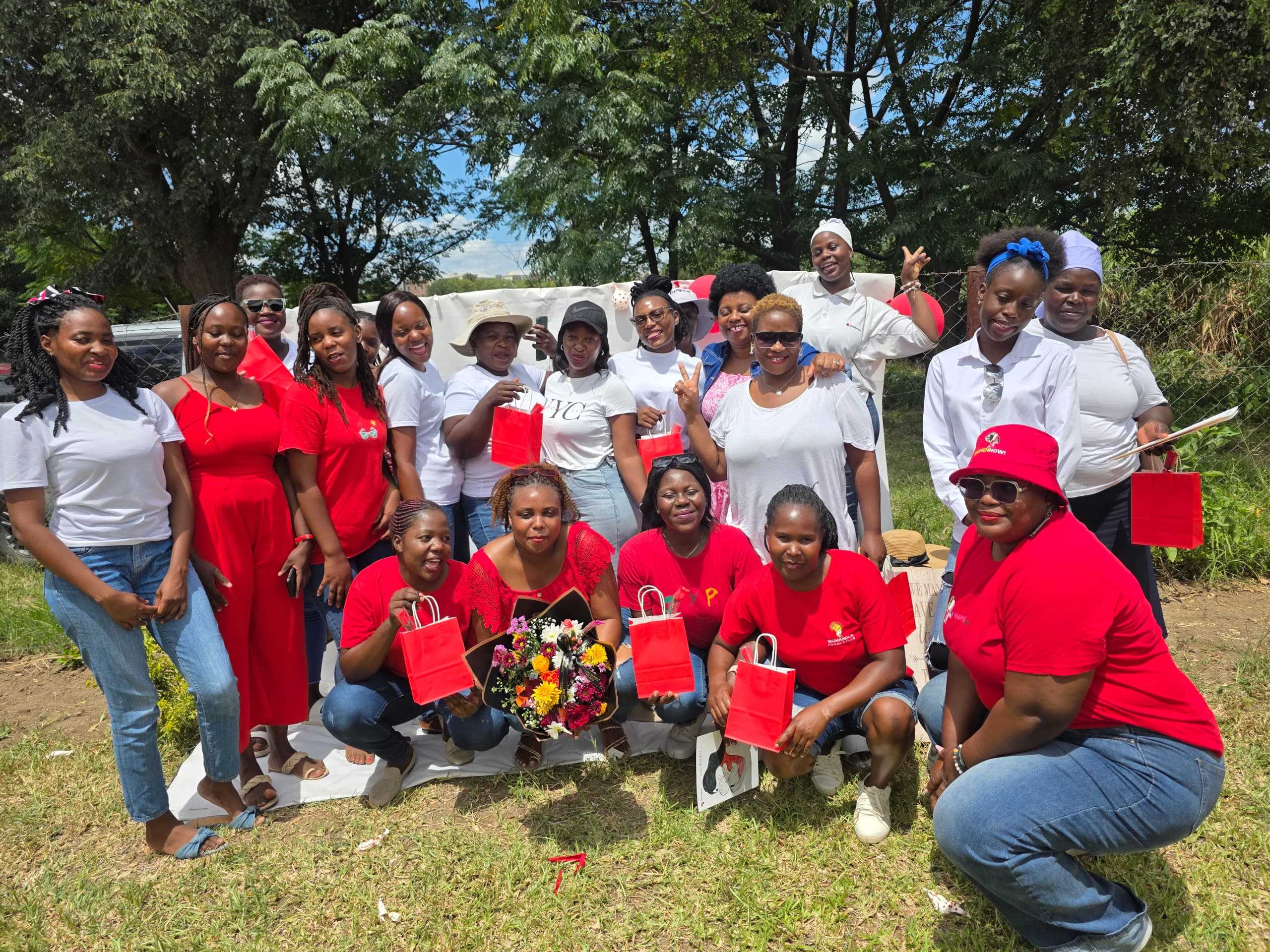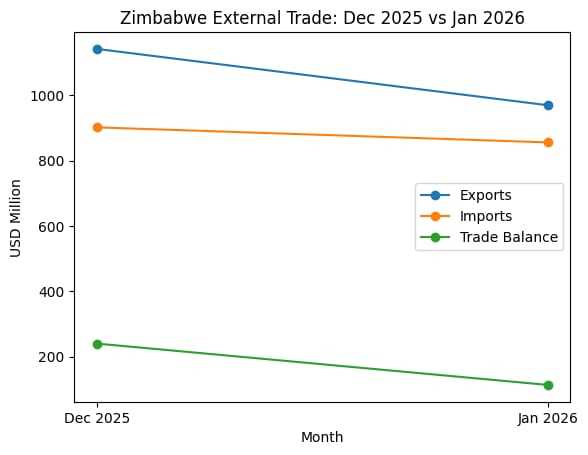
Audrey Galawu- Assistant Editor
Popular Zimbabwean musician Gift Hombarume, known as Chillmaster, has avoided jail time after fatally hitting a pedestrian while driving without a licence — a case now stirring debate over the role of cultural reparations, celebrity status, and sentencing fairness.
The 32-year-old artist was convicted of culpable homicide and driving without a licence after the April 9 accident that claimed the life of Tawanda Charumbira in Harare. Chillmaster was fined US$200 for the licence offence and handed a two-year sentence for culpable homicide. However, 12 months were suspended for five years on condition of good behaviour, and the remaining 12 months were set aside on condition that he performs 420 hours of community service at Stoneridge Primary School.
More unusually, the court also took into account Chillmaster’s decision to offer traditional reparations to the deceased’s family. He pledged to send Charumbira’s children to school, provide monthly groceries, and pay cattle to appease the deceased’s spirit, in line with Shona custom — a cultural process known as kuripa ngozi.
“We Forgave Him” — Victim's Family Speaks
Lucia Charumbira, the deceased’s sister and family representative, said in court that her family had forgiven Hombarume. She praised his consistent presence during the funeral and his promises to honour their cultural traditions.
“He didn’t abandon us. He pledged to take care of the children and pay cows to cleanse the spirit of our brother. We urged the court not to imprison him,” she said.
Magistrate Tatenda Mukurunge said a fine alone would have “trivialised the offence,” but imposing a custodial sentence would also have been “too harsh” given Hombarume’s remorse, cultural undertakings, and the family’s wishes.
Legal Expert: Sentence Justified but Uneven Justice Exists
Lawyer Moffat Makuvbatsine told Zim Now that the sentence, while controversial, is not necessarily unjustified in legal terms. He explained that Zimbabwe’s law allows for a wide range of sentencing options in culpable homicide cases — from life imprisonment to fines or both — depending on the case’s circumstances.
“Generally, sentencing is guided by context. The death caused by an unlicensed driver is usually treated harshly to deter similar offences. But courts are now also considering victim impact assessments and cultural obligations,” Makuvbatsine said.
Related Stories
He added that although public outrage often focuses on the loss of life and lack of a driver’s licence, this particular case involved significant mitigating factors, such as the accused's early remorse, willingness to maintain the victim’s children, and cultural reparations.
“From a legal perspective, the sentence is justifiable. The family themselves were not pushing for punishment. In fact, this is one of those cases that might have been withdrawn if it were not a criminal matter. What’s more, Hombarume has effectively sentenced himself to long-term obligations that extend beyond court,” he said.
Did Celebrity Privilege Play a Role?
Still, many in the public remain unconvinced. On social media, critics have accused the courts of favouring a public figure, with some asking whether an ordinary citizen would have received the same leniency.
Makuvbatsine addressed this concern directly.
“This is not a case of celebrity privilege, because there are many similar cases that go unreported when ordinary people humble themselves, compensate families, and settle matters culturally. The only difference is that Chillmaster is a public figure.”
He warned against assuming uniform outcomes in all culpable homicide cases, saying sentencing remains discretionary in Zimbabwean courts.
As Chillmaster prepares for community service and fulfills his promise to Charumbira’s family, Zimbabwe is left wrestling with deeper questions: Can cultural accountability replace prison?



















Leave Comments